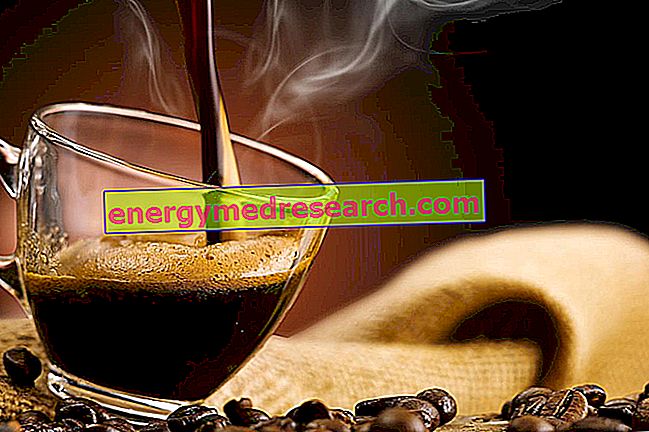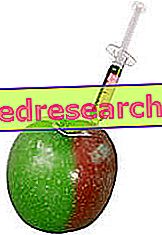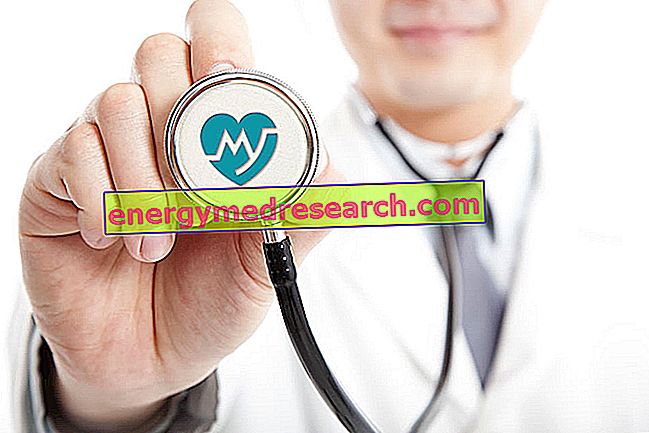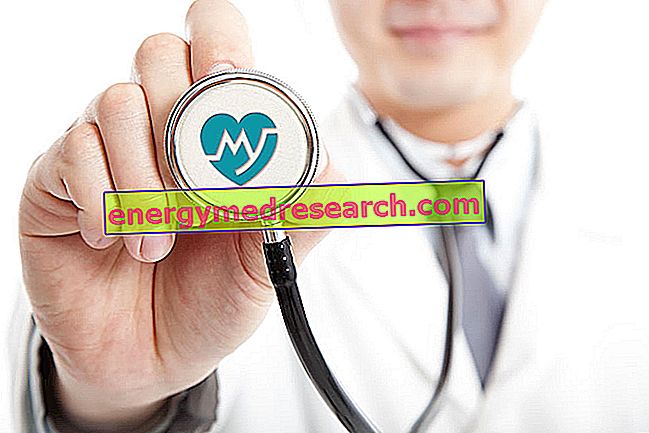
Although in this sense it is less dangerous than alcohol, even caffeine can enhance the side effects of some drugs or alter its functioning.
Caffeine counteracts the action of insomnia drugs, antagonizing their sedative effects and increasing difficulty falling asleep.
In individuals receiving therapy with theophylline, aminophylline or other related xanthine bronchodilators, caffeine can cause excitability, tachycardia, tremor and nervousness.
Caffeine also increases the risk of side effects of some drugs used in psychiatry, such as the antipsychotic clozapine; it also reduces plasma lithium levels.
Quinolone antibiotics such as enoxacin, ciprofloxaxcin, grepafloxacin, levofloxacin and norfloxacin cause caffeine to build up in the body (high doses of caffeine in the body can cause problems with nausea, vomiting, nervousness, anxiety, tachycardia and convulsions).
Caffeine interacts with MAO inhibitors, increasing the stimulus effects on the sympathetic. Consequently, there may be episodes of cardiac arrhythmias or severe hypertension due to the combination of MAO inhibitors and caffeine.
In subjects treated with anticoagulants (coumadin - warfarin), the anti-aggregating action of caffeine increases the risk of bleeding.
Caffeine reduces the effectiveness of the drugs used to fight urinary incontinence.
In the case of association with NSAIDs, caffeine can amplify the gastrolesive effect of the latter.
Serum levels of caffeine can be increased by the simultaneous use of oral contraceptives.
Let us recall, to conclude, that caffeine is contained not only in coffee, but also in many foods, such as coca-cola, energy drinks and tea, and in some food supplements (for example those that contain cola, maté or guarana).



